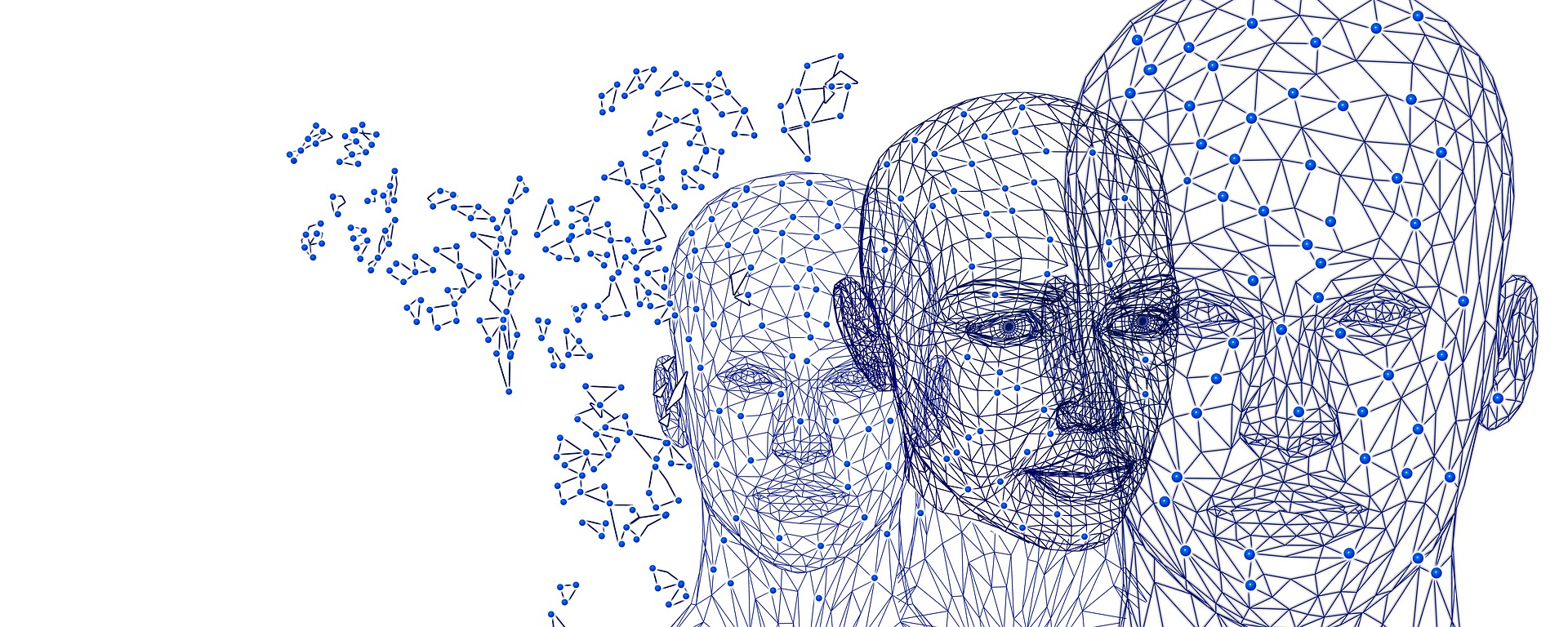| Abstract: There is evidence to suggest that a considerable subset of problem gamblers have attention-deficit hyperactivity disorder (ADHD), with characteristic features of impulsivity and difficulty sustaining attention. The two disorders, problem gambling and ADHD, interact on various levels; for instance, gambling impulses are poorly controlled and ADHD symptoms such as chronic boredom, depression and low self-esteem are relieved by the stimulus and reward of gambling. This article outlines some of the clinical issues encountered in this population and uses case studies to illustrate common ways in which these clients present. Suggestions are made with regard to identification and assessment and it touches on interventions, including medication, therapy and the use of strategies to improve functioning and reduce impulsivity. |
